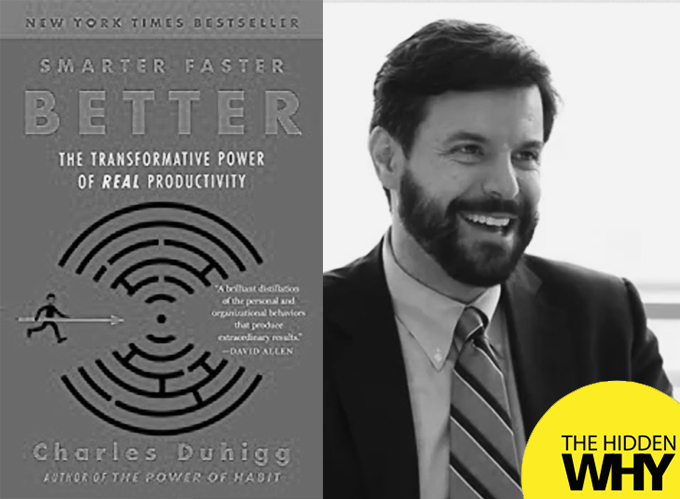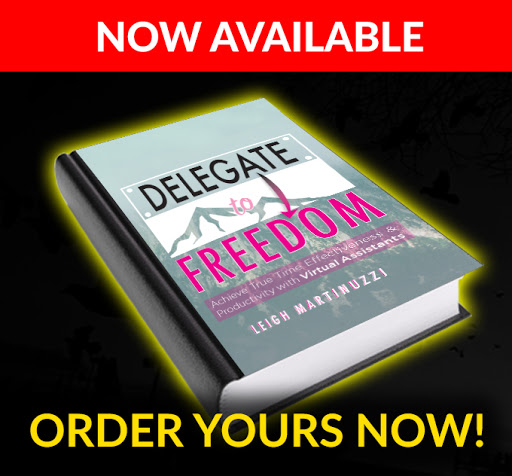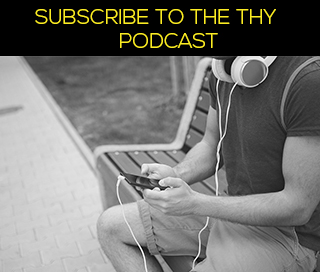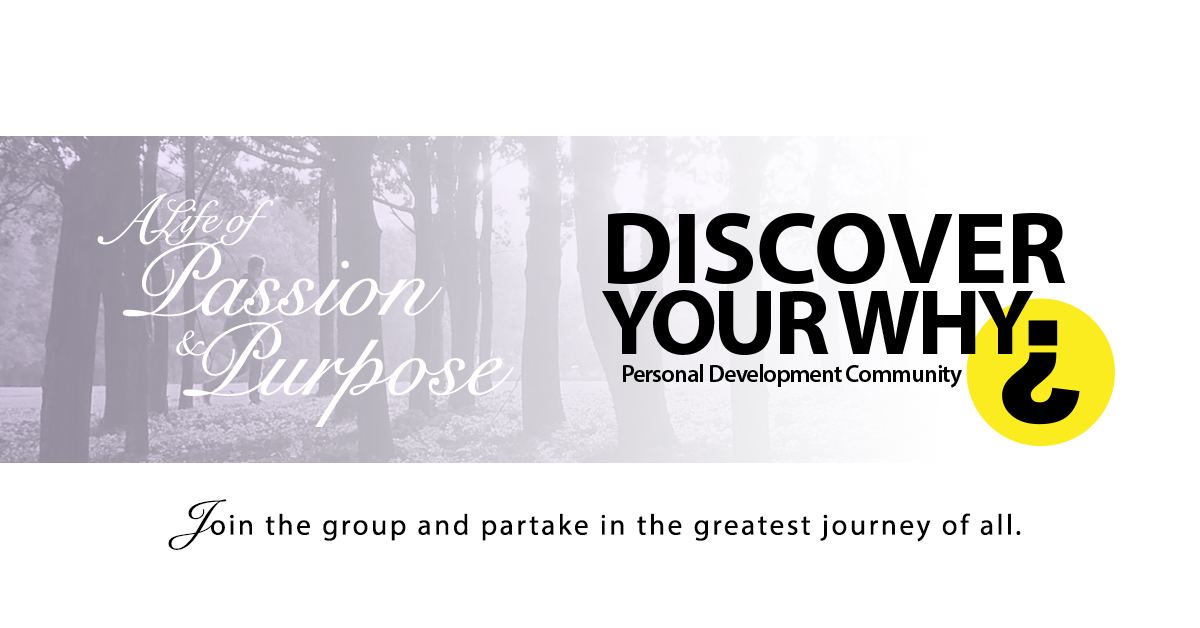
Smarter Faster Better: The Transformative Power of Real Productivity
By Charles Duhigg
“The choices that are most powerful in generating motivation, in other words, are decisions that do two things: They convince us we’re in control and they endow our actions with larger meaning.”
In Charles Duhigg’s previous book, The Power of Habit, he researched into the reasons why we do what we do through the study of habits. It is brilliantly insightful and provides a framework to better understanding habits and how to form habits in life that are more purposeful.
You can review my full review here episode 313.
I believe this book has set the benchmark for his work including his newest book Smarter Faster Better. His approach this time was to research the universal concepts that can help us improve our effectiveness, and in the process becoming smarter, faster and better and everything we do.
I wasn’t disappointed. It was written in a very similar format as his last book with just as much clarity, intent and insightful research that can assist us all to get a grip on how to really increase our productivity.
Before I jump into the 8 core concepts of this book let’s just talk on the importance of effectiveness. It is my goal to inspire others to live more passionately and more purposefully. It is my belief that if you can do what you love and if what you do has an opportunity to provide great value to others – we can live a meaningful and happy existence.
Being productive or effective is our ability to do this without waste, without sacrifice of our most precious resources such as time and energy, and likely we’ll be able to do it with more ease. Ineffectiveness in life will slow progress and even limits our ability to achieve our most ambitious desires and dreams.
As Charles suggests, what it all boils down to is an ability in making better choices. To be better at this we need a clear understanding of our purpose – our why. Clarity around what we value, what we desire, a vision of the future expectations, goals, a plan and an overall awareness will create the sense of control that provides our motivation to advance. And in the process avoiding the unnecessary and purposefully pursuing the necessary.
“Every choice we make in life is an experiment.” Charles Duhigg
The 8 productivity concepts that Charles addresses in his research are as follows. How to improve motivation. Creating effective teams by managing the process not the person. How to sharpen focus by our personal narration. How to make and achieve better goals. Managing effective teams. The secret behind innovation. And in the last chapter he focuses on the strategies that can assist us in learning information better.
The theory of each concept is approached using studies of neuroscience, phycology and biological behaviour. It is then demonstrated with real world examples to further put into context the workings of each concept. I felt there are more practical takeaways in this book than his last.
Here’s what I valued the most. Firstly, the motivation behind all that we do is critical. If we lack the motivation not only will we struggle to start but we will struggle to preserve. Ambition, carried by a powerful desire, coupled with persistence are the two areas that make most people successful at what they set out to achieve.
Duhigg gives amazing insight into motivation. It really all derives from having a sense of control. When we feel we are in control over the outcomes we are more motivated to act. This relates to individual motivation and that of a team. I feel that the greater the risk, the higher the effort and complexity of what we set out to do, a greater the sense of control is required.
He’s advice was that when we are doing something it is beneficial to ask ourselves why and note it down. We can often see things more clearly when we move it beyond the mind. If there is not a strong enough reason as it relates to our values and what is important to us it may not be worth doing. It is also a good indication to things we are less likely to commit in the face of adversity.
We should remove the word chore from our vocabulary. A chore doesn’t sound like something we want to do. If it matters, if there is a higher purpose beyond the self to be doing something, if we are in control and can see a likely outcome or a positive reward we are likely to have increased motivation. Effectiveness is a direct correlation to motivation.
He shares the importance of setting goals and reviews the “smart” goals approach to do so. For those interested I have created a SMART goals workbook – Challegne2Transformation , you can download a copy here.
He does highlight however that not all goals need to be approached in such a manner. There are those that benefit from such planning and others that don’t. There are also great benefits and reasons why we should focus on both the big and smaller goals in life as they all help raise our motivation by making us feel like we are making headway.
For those that manage teams you will get value from chapters that give insight into managing effective teams and how to productively manage others. One example used a process that Toyota, the car company, uses to encourage individuals to pause and ask for help when they are stuck. Keeping pride or attempts to protect our ego is not an effective way of getting things done.
It is also important to get buy-in from team members and you can do that by having them feel as though they have control over the direction of the business. They need to be known that they matter and that their ideas, opinions and actions also matter. That they will be supported in their decisions without fear of criticism. And importantly it is the process not the person that must be managed.
And to wrap things up I’d like to mention one final bit of value I too away and that is the ability to manage our self-narration. The story we tell ourselves sets the future of who we are and the probable outcomes of our future. It is of little advantage to tell ourselves stories that are negative and lacking in perceived control.
The best success can be had creating sound mental imagery of possible futures. Don’t leave out possible negative outcomes, being aware of them allows us to be prepared when they do happen. It is important also to include and visualise desirable outcomes. This seems to prepare the subconscious and conscious mind so that we are in a better position to be available and use what we need when we need it.
Look for evidence that will support the desired direction we wish to take in life not the evidence that will limit such progression.
It is not your standard book on productivity. Duhigg is a masterful researcher and an awesome story teller. He keeps the reader interested and intrigued to learning more. And has his book suggests in the final chapter the best way to learn something more deeply is to go away and apply it. Express it in some way. Act on it in some way just as I am now by writing this review. Enjoy this read!
If this book sounds of interest you can purchase Smarter Faster Better: The Transformative Power of Real Productivity
here.
Please leave your thoughts, comments & questions below.
Peace, passion and purpose…
Other books that may interest you…
Further Reading and Resources
TED Talks: Ideas worth spreading
Elite Daily: The Voice of Generation Y
Four Hour Work Week: How to escape the 9-5, live anywhere and join the new rich.
The Minimalists: How to pursue a minimalist lifestyle and be happier.
Mind Hacks: Tips and Tricks for Using Your Brain
Rich Roll: Plantpowered Wellness Advocate
The Art of Charm: Build confidence, feel comfortable and networking differently.
The Art of Manliness: Encouraging men to be better husbands, fathers, brothers, citizens.
Tiny Buddha: Simple wisdom for complex lives.
Mind Body Green: Lifestyle media brand dedicated to inspiring you to live your best life.
Zen Habits: Find simplicity and mindfulness in life.
Creative NonFiction: “true stories well told.”
Barking Up the Wrong Tree: science-based answers and expert insight on how to be awesome at life.
The Positivity Blog: Practical articles on happiness, self-esteem, productivity and social skills.
FIND YOUR HIDDEN WHY with THE HIDDEN WHY (THW)
BUILD YOUR LIFE AROUND YOUR PASSION AND LIVE WITH PURPOSE
Sign up for free below and receive cool stuff from me each week + Plus a free copy of “The Four Pillars of Success”
In my weekly emails you will receive ideas, thoughts, learning’s and inspiration on:
- How to design a life that you want and live by your terms
- How to live a life with passion & purpose
- Methods, strategies, & techniques on life hacks
- Messages on how to better live your life
- We will also keep you up to date with fantastic interviews from THW podcast













Leave a Reply